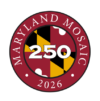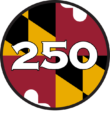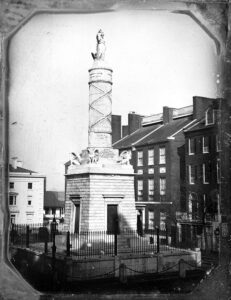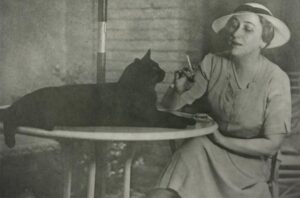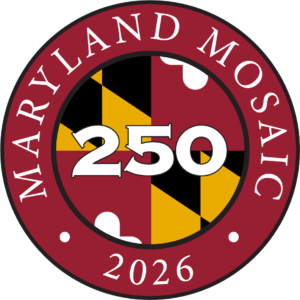The Washington County Free Library in Hagerstown, second oldest in the U.S., sends out America’s first bookmobile to remote parts of the county. The wagon, with 2500 books on board, is pulled by horses, Black Beauty and Dandy, and driven by Joshua Thomas, the library janitor.
New Englander Mary Lemist Titcomb (1852-1932) becomes the librarian at the Washington County Library in 1902 with the express purpose of getting as many books to county residents as possible. Titcomb, described as “frosty and proper in manner,” sends books to stations in stores, post offices and other county public places with the slogan “the book goes to the man, not waiting for the man to come to the book.”
Within 5 years, she creates 66 book stations. Backed by a $2500 Carnegie gift, Titcomb sends out the 1905 bookmobile with instructions to move slowly so families have time to choose their books. In just six months, the book “wagon” has averaged 30 miles a day and distributed over 1,000 volumes.
In 1910, the bookmobile is struck by a train and is destroyed, luckily with no injury to driver or horses. The library soon acquires an International Harvester truck, greatly expanding its distribution.
